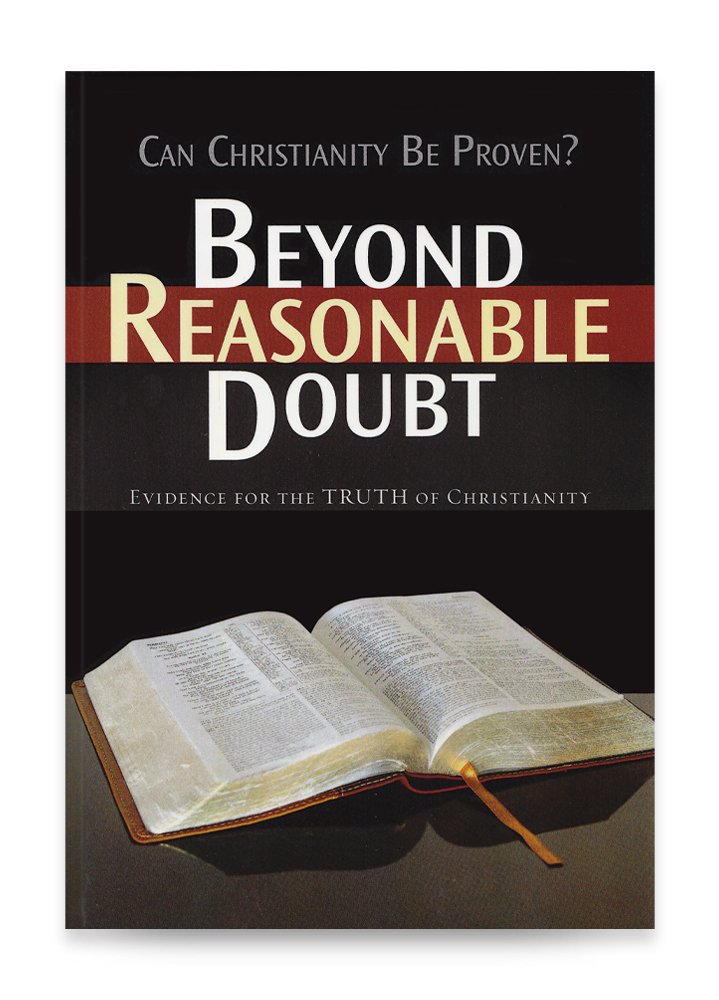

One commonly used definition provides that a reasonable doubt is the kind of doubt that would cause a reasonable person to hesitate to act.

There are actually arguably two available definitions for what beyond a reasonable doubt means. Now, as far as what the definition of beyond a reasonable doubt is, we have to look to case law for some guidance. And because in a criminal case a person’s freedom is generally in jeopardy, the burden of proof is higher than civil courts, making it the highest burden of proof in courts in the United States. The whole point is that a defendant doesn’t have to prove his or her innocence rather, the government has to prove his or her guilt. That’s why it makes sense that the common expression is that a defendant is innocent until proven guilty. For example, a common burden of proof in a civil trial court is that the plaintiff has to prove their case by a preponderance of the evidence, which means that they have to prove that more likely than not the other party is guilty.īut in a criminal trial, the government always has the burden of proof and they always have to prove the case beyond a reasonable doubt. Civil courts use different burdens of proof than criminal courts at trial. And, a burden of proof is what the party who brings the lawsuit has to demonstrate in order for the jury to find the opposing party guilty at trial. So, for starters, beyond a reasonable doubt is what the courts call a burden of proof. My hope is that after watching this video, you’ll at least have a little bit better understanding of this subject matter because at some point, you might need to know this information. If you’ve been charged with a DUI, possession of marijuana, assault and battery, domestic violence or some other crime, you might have asked yourself, “what does beyond a reasonable doubt mean?” Maybe you’ve been watching some detective or courtroom shows and have wondered the same question. Hi, I’m Richard Waring and I’m a criminal defense attorney in Charleston, SC.


 0 kommentar(er)
0 kommentar(er)
